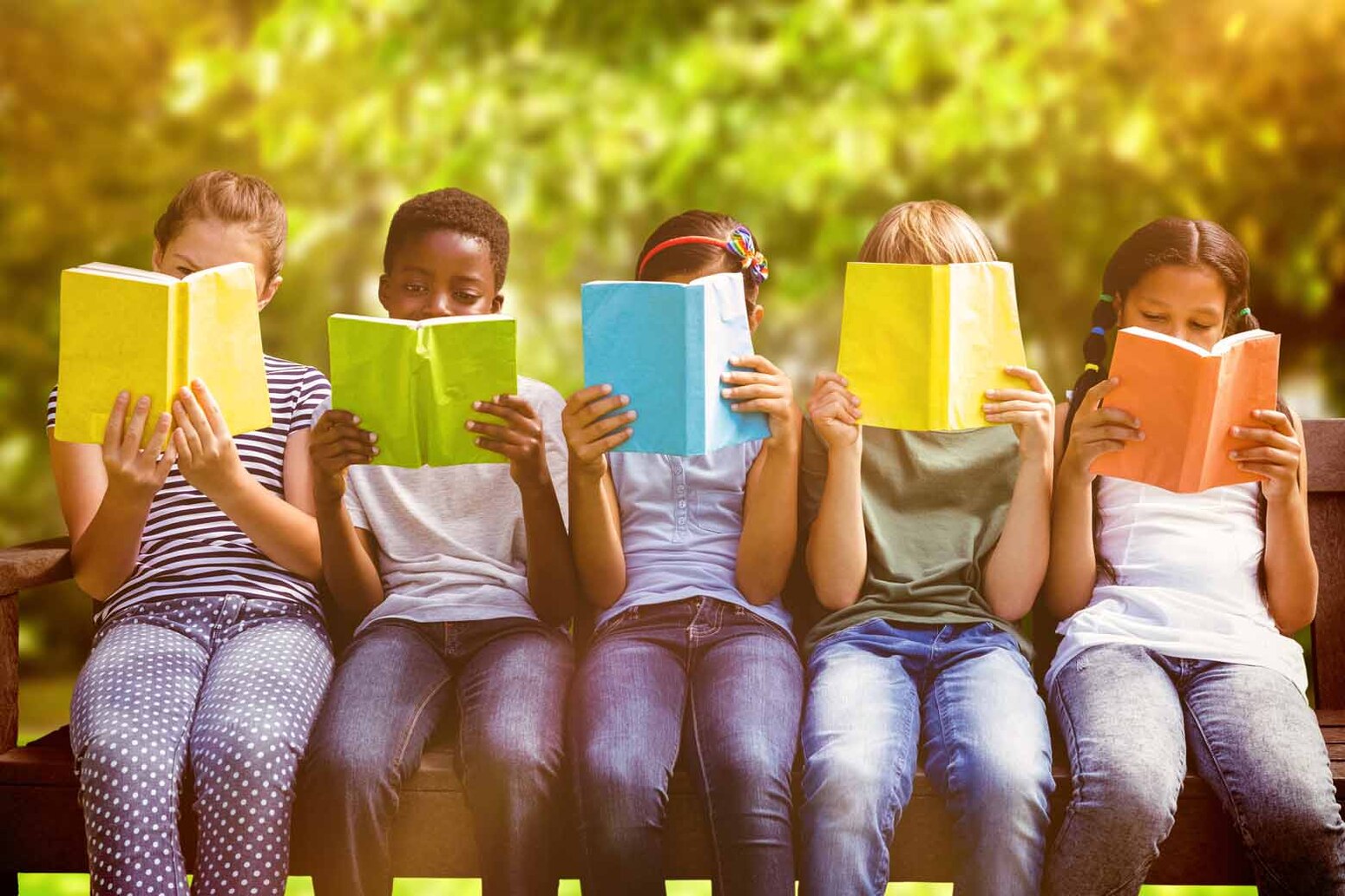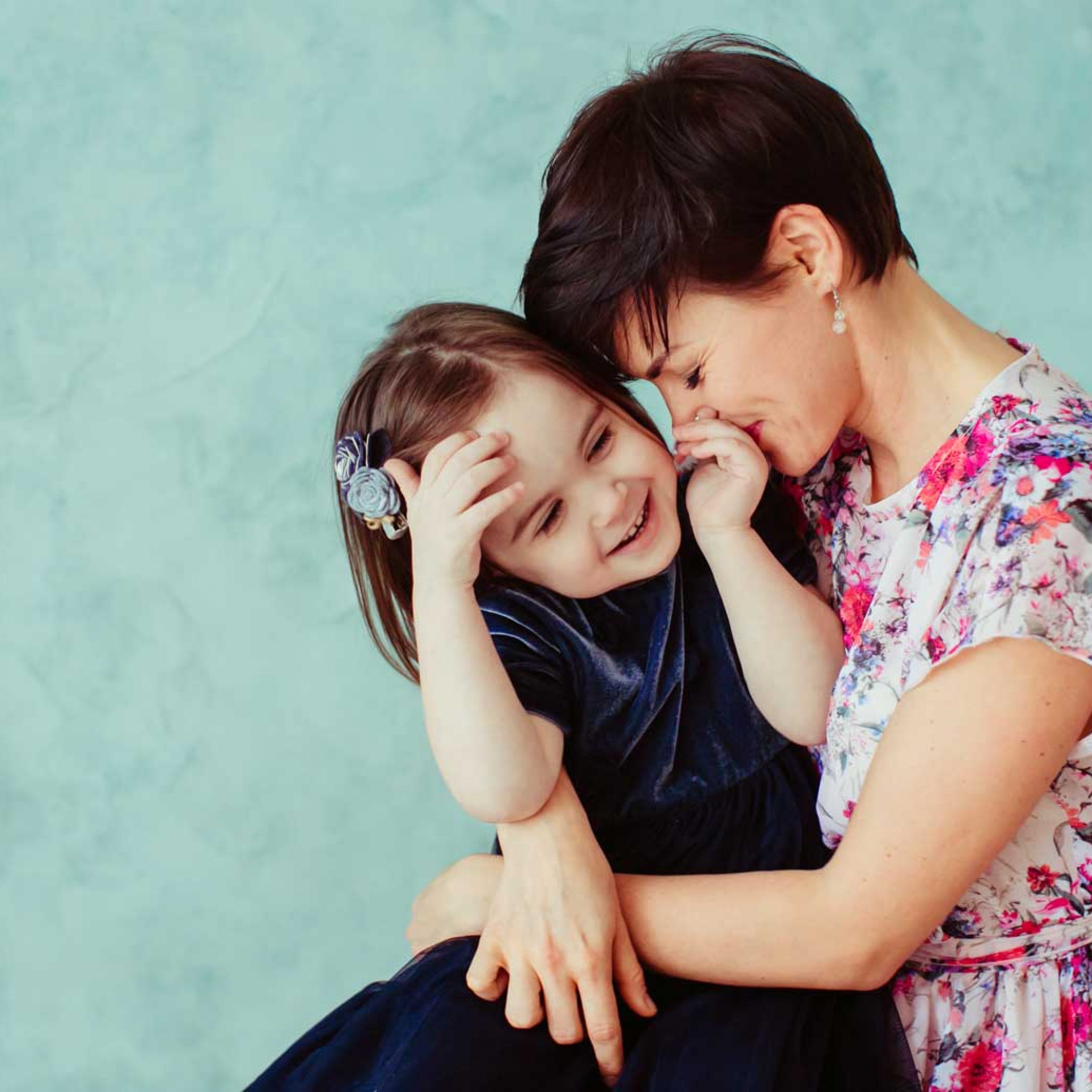I lay down in bed with my daughter, snuggle close, and whisper, “Guess what? You have a superhero power.”
The last 45 minutes have driven me to a state of sensory overload. The loud cries and tantrum-type behavior heightened by end-of-day depletion leave my nerves frazzled and on edge. The lines of communication blurred after my girl spouted off about something I asked her to do before getting ready for bed. I reacted in equal measures of frustration and disrespect, and shortly after, everything imploded.
I’m ticked at her, but mostly at myself and the way I responded. I’m worn out; the sleepless nights are doing a number on me and on my headspace. I’m tempted to wave the white flag of surrender and tell her that we’ll talk about it in the morning.
But, who sleeps well following prickly exchanges left in an unresolved state?
I step into the shower and hear her crying loudly in the next room; she risks waking her little sister who’s sleeping in the room over. I am annoyed. I need a 10-minute breather, alone, to gather my capacities and clear my mind. I take deep breaths and ask God what she needs at this moment. What words and actions are needed to calm her down?
I’m tempted to wave the white flag of surrender and tell her that we’ll talk about it in the morning.
The truth of the matter is, expressing emotion outwardly—in its shiniest and in its worst ways—isn’t a new phenomenon in our household. Some days, our interactions are harmonious, and we’re in steady, even-keeled cadence with one another. But then on other days, the skies open and downfall tumultuous rhythms of tears, whining, and outrageous reactions.
Finally composed, I walk into her room, lie down, curl up close and ask, “What’s going on in your heart and mind right now?” She responds well to these types of questions.
She inhales and reminds me she has big emotions (a term borrowed from a favorite book on her shelf) and it really hurts her when I’m disappointed with her. She says she keeps thinking about it, and it makes her sad. She says she’s sorry for the way she talked to me.
I walk into her room, lie down, curl up close and ask, “What’s going on in your heart and mind right now?” She responds well to these types of questions.
This girl of mine is the most intuitive 7-year-old I know. I still get surprised by how attuned she is to her inner thoughts and motivations, but her words resonate deeply with me, for I’m wired in a similar fashion.
I see more and more of me in her.
I tell her this gift of being sensitive and in touch with her emotions can be tricky to balance, at times. Emotions can be misleading. “They can cause us to react in silly ways, so you have to work hard not to allow them to control you,” I warn.
I then tell her it’s a true gift to be in touch with her wide range of emotions. This rich inner life is like having superhero powers because it allows her to exhibit passion and a zest for life. Empathizing with others and shedding compassion on situations and people comes easily to her. Strong emotions can be the catalyst for creating beauty and art, or designing homes for your dolls, or writing letters to your friends, I tell her. “You feel so deeply because you were made this way,” I assure her.
I start talking faster until I realize I’m listing all the positive aspects of “big emotions” more for myself than for her.
I want to be a mom who appreciates the inherent gifts within my girls instead of pinpointing all their flaws. Much of what I love and treasure about them is not valued by the world’s standards, so I want my girls to rest and relish in their unique crafting. As they do so, they’ll be better able to identify both the positive and the potential downfalls in themselves and discover ways to overcome the latter.
I want them to feel emotionally safe, and a part of this means I need to continue doing the hard, introspective work of dissecting and dismantling my own emotional hang-ups. The balance of emotion—the steady reminder that I’m not my feelings—is a dance I’m still figuring out myself.
I then tell her it’s a true gift to be in touch with her wide range of emotions. This rich inner life is like having superhero powers because it allows her to exhibit passion and a zest for life.
I’m not sure if my girl gets all this, but I hope she will as she grows and develops.
One day, she’ll be navigating the wide expanse of the ocean of emotions on her own, without me by her side. But for now, we are learning to navigate this superhero power together.
—
Looking for more encouragement, mama? Start with this podcast episode from This Grit and Grace Life: You Are “Mom Enough”: How to Stop Feeling Like a Failure – 017












